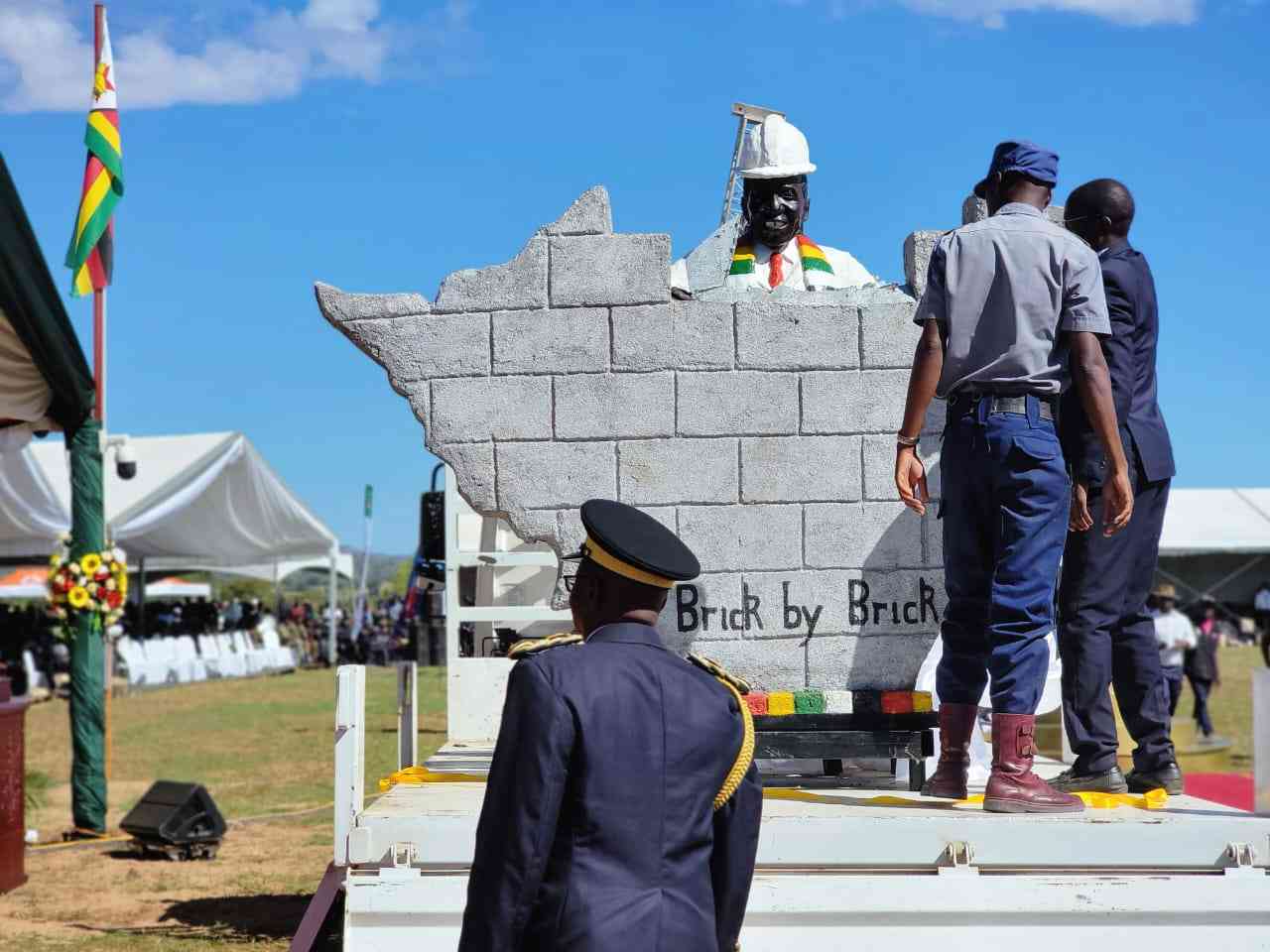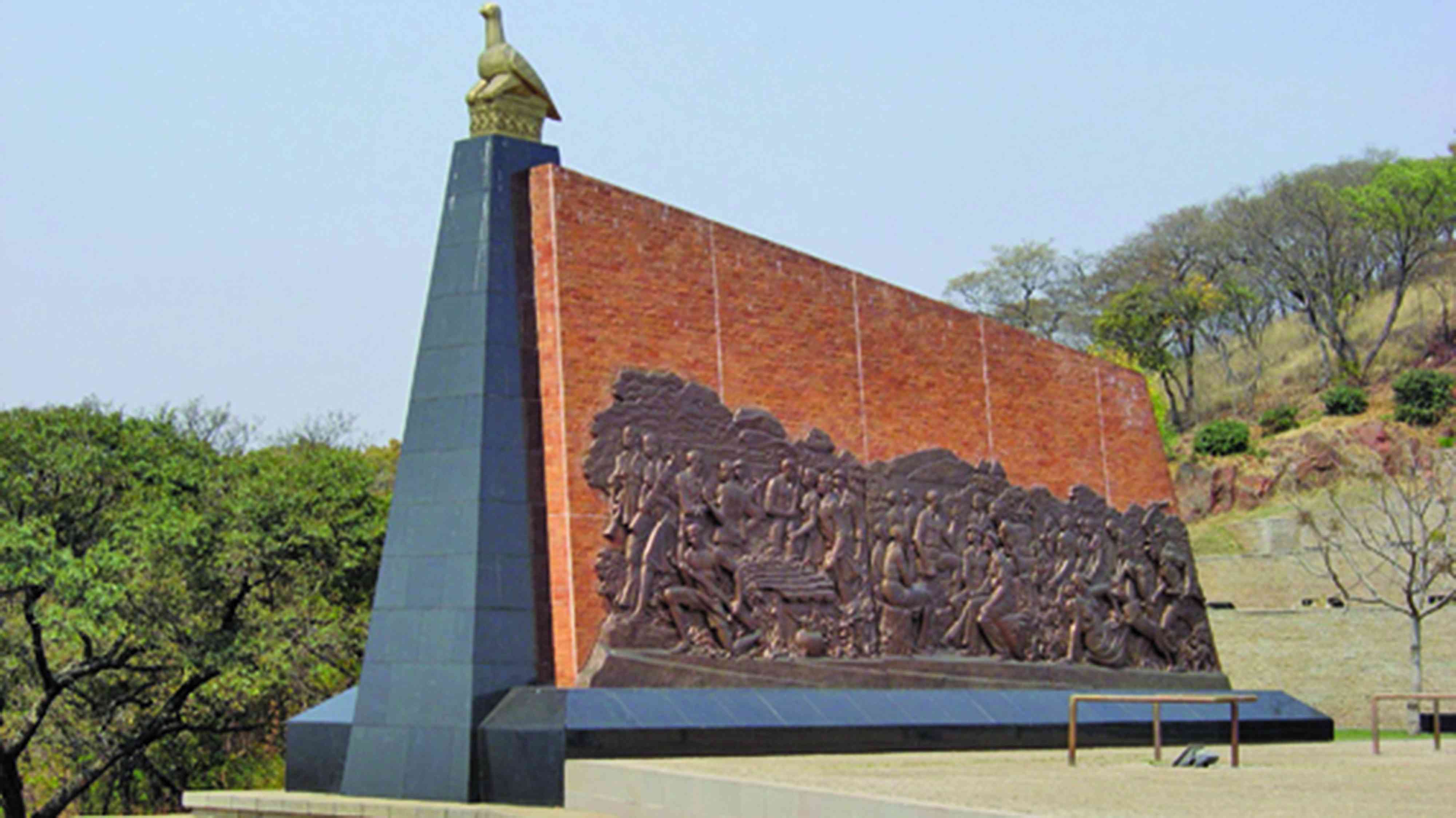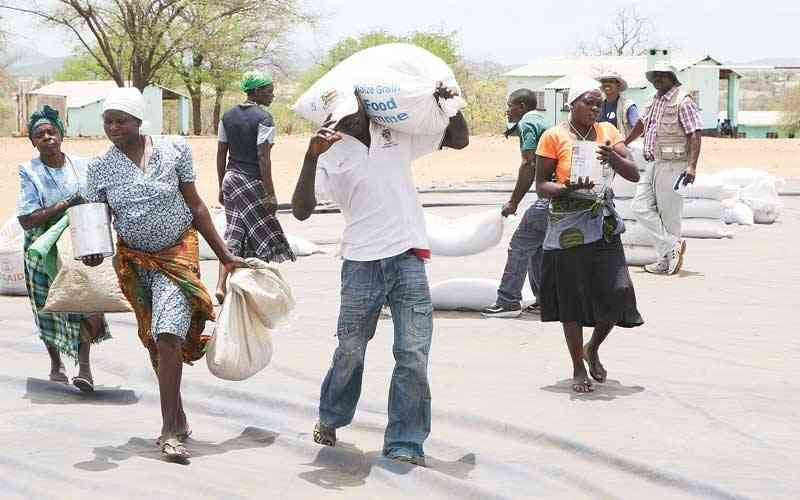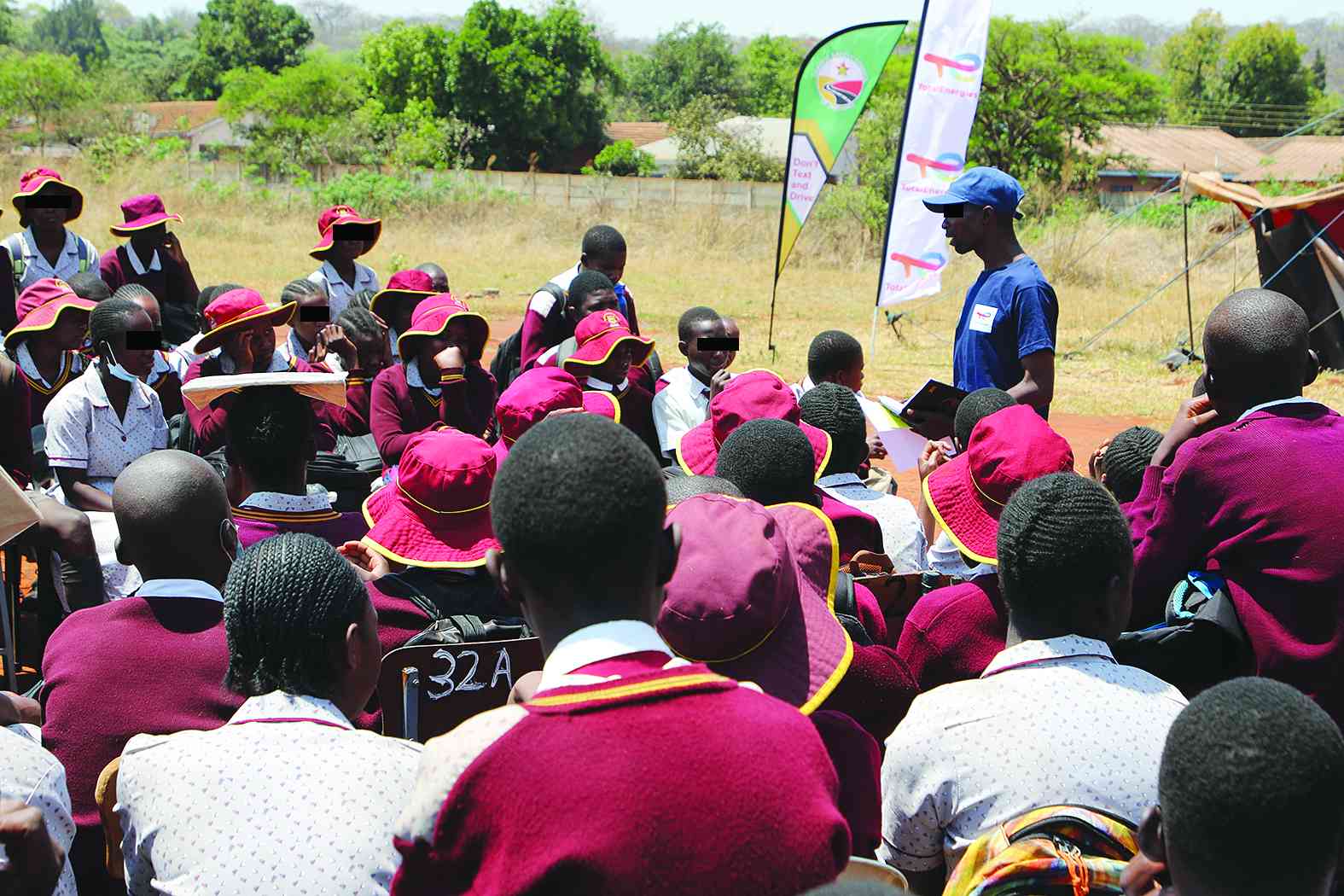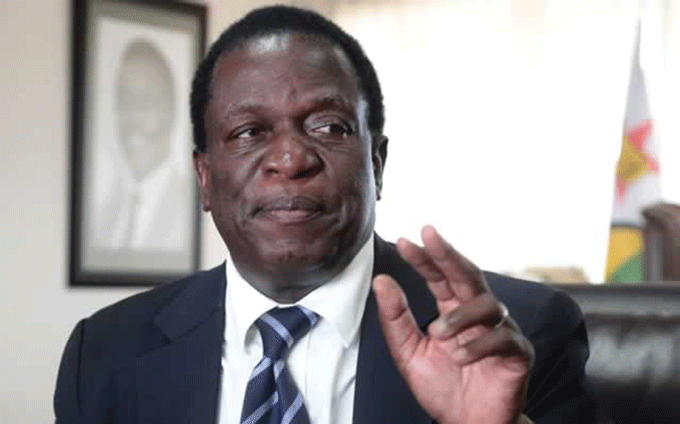
THE continued delay by President Emmerson Mnangagwa‘s government to ratify the African Charter on Democracy, Elections and Governance (ACDEG) despite signing it three years ago is as concerning as it is mindboggling.
Zimbabwe signed ACDEG on March 21, 2018, but has not yet ratified it, according to the African Union (AU) status list for the charter which is on its website.
In March 2019, Parliament passed a resolution approving the charter after Mnangagwa signed it at his first AU Summit of Heads of State and Government in Kigali, Rwanda. The delay in ratifying the charter is of major concern given that the country is headed for the polls in less than two years.
The delay, combined with the government’s reluctance to adopt the United Nations Convention against Torture and Other Cruel, Inhumane or Degrading Treatment or Punishment, raises serious doubt on whether Mnangagwa’s commitment to democracy goes beyond rhetoric.
The snails’ pace at implementation of electoral reforms is yet another damning indictment on the government’s democracy scorecard.
Revelations by the Zimbabwe Election Support Network (Zesn) show that the country has not covered much ground in terms of implementing electoral reforms to enable the holding of credible, free and fair elections. This justifies widespread fears that Mnangagwa’s so-called new dispensation is no different from that of his predecessor, the late Robert Mugabe. Under Mugabe, electoral reforms were an anathema with allegations of violence and election theft the order of the day.
Mnangagwa’s government has maintained a ban on by-elections citing COVID-19 restrictions, yet the ruling party is conducting internal elections throughout the country. This does not inspire confidence that Mnangagwa’s government is serious about the democracy he so eloquently spoke about during his inauguration in 2017.
The United States (US) embassy in Harare has also expressed concern over Mnangagwa’s decision to maintain in a freeze on by-elections while other countries in Africa and beyond, including the US, have conducted polls during the pandemic.
- Chamisa under fire over US$120K donation
- Mavhunga puts DeMbare into Chibuku quarterfinals
- Pension funds bet on Cabora Bassa oilfields
- Councils defy govt fire tender directive
Keep Reading
The embassy has rightly noted that the suspension has left 754 000 people in 26 constituencies with no representation in Parliament, after the Douglas Mwonzora-led MDC-T recalled legislators aligned to the Chamisa-led MDC Alliance.
“Many countries have held elections despite the pandemic, including Zambia, South Africa, Malawi, and the United States, demonstrating that COVID-19-safe elections are possible. We are confident Zimbabwe can do the same #ZimsSafetoVote #ZimVotesMatter,” it noted on microblogging site Twitter.
Unless Mnangagwa’s government shows seriousness through ratifying the Charter on Democracy, Elections and Torture as well as implementing wholesale electoral reforms to ensure the country moves away from the culture of disputed elections, claims by the septuagenarian leader that he is championing democracy will continue to be hollow.



